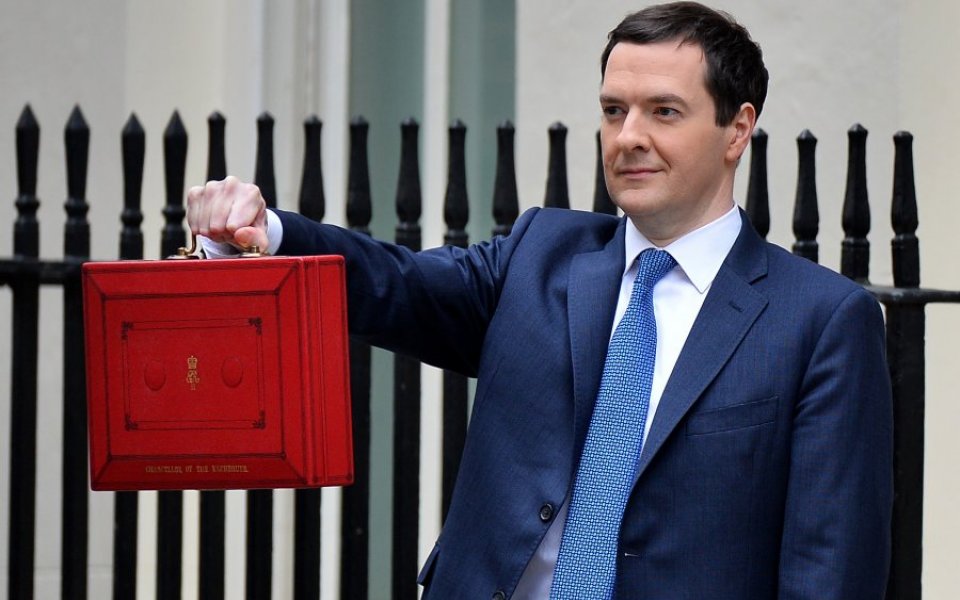Budget blunders come back to haunt chancellor George Osborne

On 25 November, chancellor George Osborne will stand up in the Commons and deliver what is, in effect, his fourth budget of the past 12 months.
In under a year, the Treasury will have published an Autumn Statement (December 2014), a Budget (March 2015), another Budget (July 2015), and now a bumper combination of a Spending Review and an Autumn Statement.
These grand documents, packed full of changes to the way the government taxes and spends, will total hundreds of pages and around a quarter of a million words. If you could tolerate such tedium and started right now, it would take you the rest of the working week – reading at the average speed for adults – just to flick through the four of them. It wasn’t always this way, of course.
The requirement for two economic updates per year came in 1975, but this did not demand two Budgets as such. One update could be made alongside a full-on Budget, sure – but the second could simply be a standalone analysis of the fiscal and economic outlook.
Former chancellor Ken Clarke tried to keep things relatively simple, but Gordon Brown was a fan of micro-management – and the limelight. Brown’s pre-budget statements provided him with a second chance each year to take centre stage, and to fiddle with Britain’s fiscal framework.
Alas, Osborne has inherited the penchant, inducing him to call a Budget in July despite having made one just 16 weeks prior. His decision has backfired, with the chancellor facing fierce opposition to several of the policies that he unveiled in the summer.
The cuts to tax credits are attracting criticism across the political spectrum, from socialist anti-austerity protesters to Conservative MPs, and free-market economists who say the move will erode incentives to work.
The hike to the minimum wage has stoked fears over job creation and the effect on sectors such as retail and hospitality. And by fading out the bank levy but replacing it with a new surcharge, Osborne has infuriated challenger banks and building societies, and risks stunting competition.
Budgets should be used sporadically, to enact well-researched reforms that make the tax system fairer, simpler, and conducive to growth. Osborne should shun Brown’s example, and take a more statesman-like approach to managing the government’s finances.